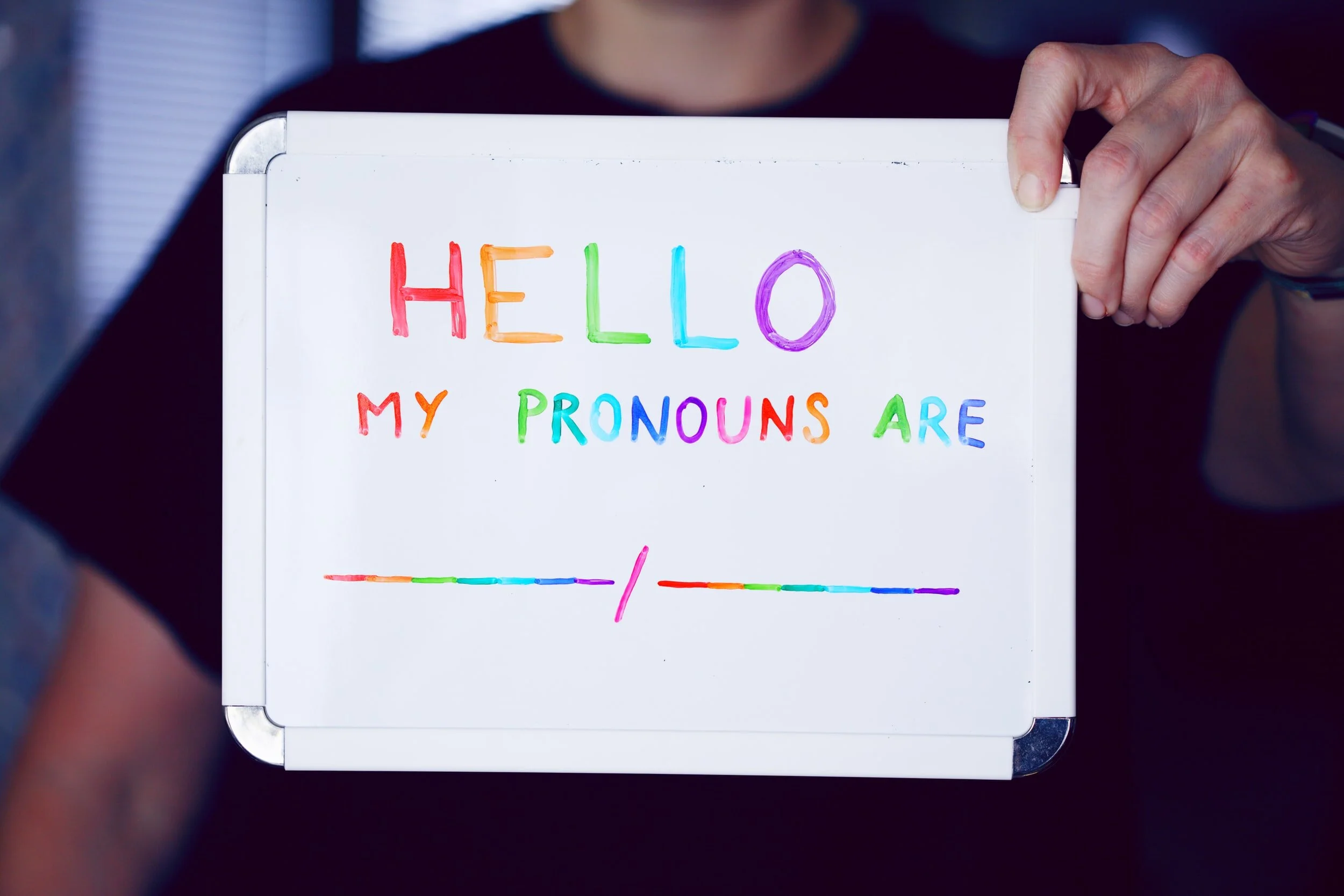A Night Out in Solidarity
Join Fenix Youth Project on November 17, 2021, for our 2021 Lower Shore Sleep Out!
Join us at the FYP Arts & Media Center or Virtually to reflect on ways we can help young people experiencing homelessness and show our solidarity with those who are homeless — and to let the world know about the ever-growing population of young people who face homelessness on Maryland's Lower Eastern Shore.
And there's more to the Lower Shore Sleep Out than a night without a mattress. Lower Shore Sleep Out raises critical funds to help Fenix Youth Project Inc. provide emergency shelter, sanctuary, and support to youth overcoming homelessness.
November is National Runaway Prevention Month (NRPM), a public awareness campaign designed to “shine a light” on the experiences of runaway and homeless youth that too often remain invisible. It is also an opportunity to spotlight the resources available to support youth in crisis throughout the nation. As part of the campaign, individuals, organizations, and communities across the nation are encouraged to work together to prevent youth homelessness.
Register today! —-> https://www.classy.org/event/lower-shore-sleep-out/e357385
Transgender Homeless Adults: What the Data Tell Us
Limited information exists about the number of transgender people experiencing homelessness. There are very few data sets relative to this population, but all the data tells a similar story: transgender people are more likely to be unsheltered than their cisgender peers, and those who are unsheltered have considerably more health and safety challenges than those who are sheltered.
Transgender individuals are disproportionately unsheltered. Sixty-three percent are living in such situations. For comparison, 49 percent of cisgender people experiencing homelessness are unsheltered.
Both Black and White unsheltered transgender people have extraordinary health and safety issues. Notably, a staggering percentage of both Black and White unsheltered transgender people engage in risky behavior: 100 percent of Black and 97% of white people.
Unsheltered Black transgender people experiencing homelessness also average somewhat more system interactions than their unsheltered White peers
Many transgender people already face challenges such as discrimination, rejection, and legal battles; and physical and behavioral health battles, as well. Such problems are exacerbated when they are homeless and can become life-threatening when they are unsheltered
Read more —> https://endhomelessness.org/resource/transgender-homeless-adults-unsheltered-homelessness-what-the-data-tell-us/
Tell Congress to Support and Increase Annual Homelessness Funding
Now is a critical time for Congress to decide what goes in the Annual Appropriations for homelessness funding. Reaching out to your elected officials will be instrumental in ensuring that homelessness systems have resources that they need to address issues in their communities. Here’s how to get involved:
1. Enter your contact information [Click the link below] to find your Member of Congress.
2. Personalize the letter and to tell your Member of Congress who you are, what you do, and why you’re writing.
3. Send the letter!




